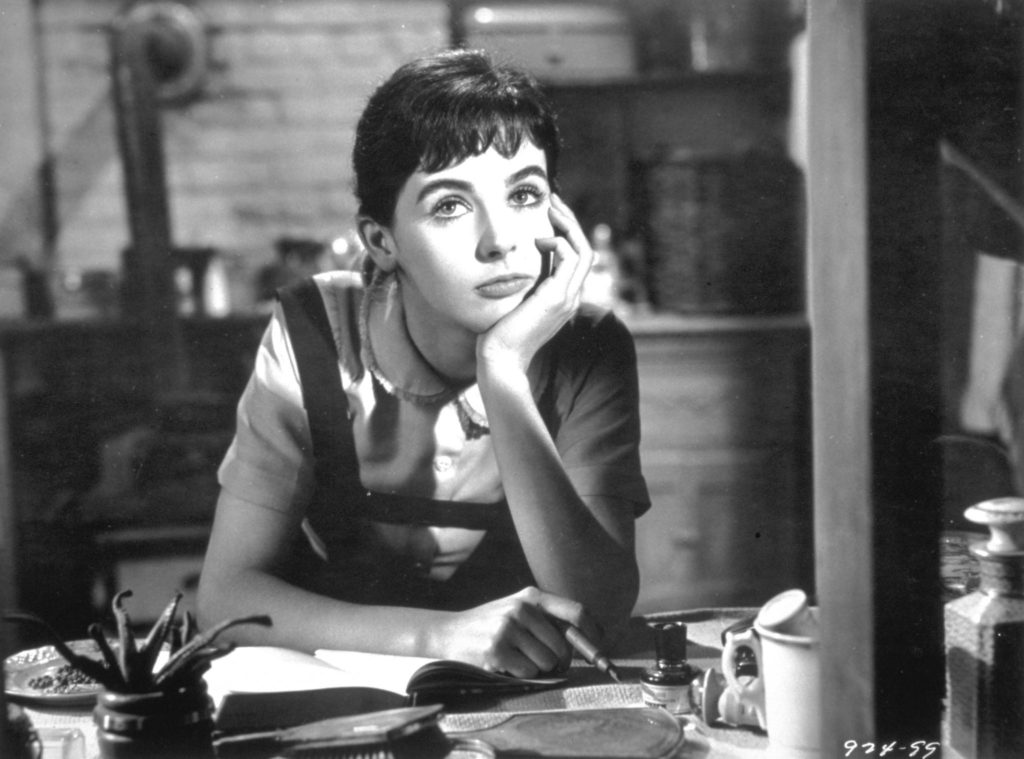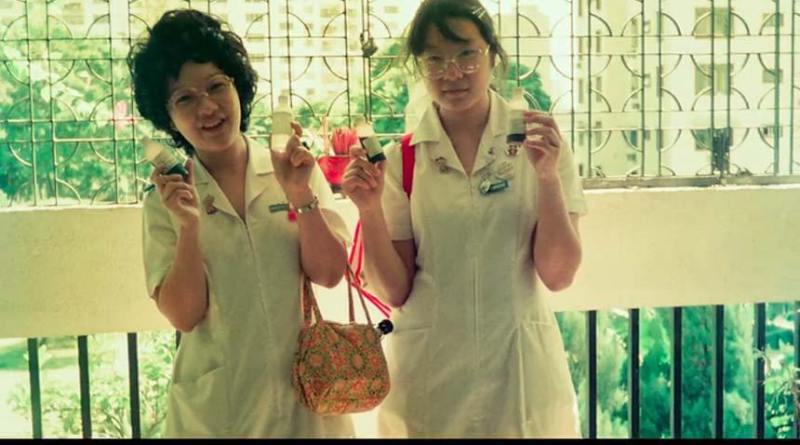
grapplingstars.com, femcompetitor.com, fciwomenswrestling.com, fcielitecompetitor.com fciwomenswrestling2.com articles, pexels.com-photo Andrea-Piacquadio
July 29, 2020,
Quests for friendship, family and romantic relationships run deeper in meaning than just enjoying their association and great times in the present.
Great ties become memorable times.
Memorable times gives us something to chronicle our lives by.
They essentially chronical it for us. They are witnesses to the most memorable events of our existence and provide us with a strong sense that our life had meaning.

We could participate in, achieve and surpass practically the same things that we were doing before and if we do them by ourselves and there is no one around to see it or involve themselves in it, the occurrence doesn’t have the same meaning.
In some cases doing something alone almost renders it meaningless or worse, like it never occurred.
When people are married with children, so much of their lives are spent doing things together, attending larger family events with relatives and taking picture after picture.

Those pictures essentially chronicle our common life experiences.
One of the profound aspects to being single, separated or newly divorced is that there is no one there to witness what you are doing.
Then a week, month or especially a year later, if you forgot what you did, it is like it never happened. No one else knows that it occurred either.
There is something very sobering about that.
For those of in that situation, something that is very hard to accept.
Now the only chronicling occurs in your mind, left to memory.
Chronicle is related to chronological and comes from the Greek ta khronika, which means “annals of time.”
Events are usually chronicled in the order in which they occurred. The noun chronicle is a record of things that happened often told in chronological order, like the diary you kept when you first fell in love.
The significance of the diary is that, even if you record it alone, there is now a chance that if something were to happen to you, time and the world could possibly still remember you.
Possibly still remember the important events that you witnessed.
In film this experience is well chronicled.
Often when the word diary is mentioned in Hollywood films the storyline takes on comedic tones and to some degree lessens the importance of what is being chronicled.
There are serious moments in film where, what is being chronicled, will stand the test of time.
Perhaps one of the most famous films is The Diary of Anne Frank.

The Diary of Anne Frank is a 1959 film based on the Pulitzer Prize-winning play of the same name, which was based on the diary of Anne Frank.
The film was based on the personal diary of Anne Frank, a Jewish girl who lived in hiding with her family during World War II.
All her writings to her diary were addressed as “Dear Kitty”. It was published after the end of the war by her father, Otto Frank (played in the film by Joseph Schildkraut, also Jewish). All of his family members had been killed by the Nazis. The film was shot on a sound stage duplicate of the factory in Los Angeles, while exteriors were filmed at the actual building in Amsterdam.
The film was positively received by critics and is still often considered the best film adaptation of Anne Frank’s Diary.
It won three Academy Awards in 1960, including Best Supporting Actress for Shelley Winters. Shelley later donated her Oscar to the Anne Frank Museum. In 2006, it was honored as the eighteenth most inspiring American film on the list AFI’s 100 Years…100 Cheers.
Had those events not been chronicled and simply stored in memory, the world and future generations would never know about it.
The next pathway of chronicling are in the form of documentaries.
One in particular took an extremely unusual journey to bring its memory to the world.
Shirkers is a 2018 documentary film by Singapore-born filmmaker Sandi Tan.

It premiered at the 2018 Sundance Film Festival in January and won the World Cinema Documentary Directing Award, making her the second Singapore-born filmmaker after Kirsten Tan (Pop Aye, 2017) to win an award at the festival.
It was also nominated for the Gotham Independent Film Award for Best Documentary.
Shirkers was released on October 26, 2018, on Netflix.
Here is the unusual story.
In the summer of 1992, 19-year-old Sandi Tan, alongside friends Jasmine Ng and Sophia Siddique, as well as film teacher and mentor Georges Cardona shot the independent film Shirkers in Singapore.
After wrapping, Tan, Ng, and Siddique left the footage with Cardona as the trio went to study abroad for college. However, Cardona disappeared with the footage and the trio never saw or heard from him again.
“Shirkers,” is a peek into a movie that it once was, before it was stolen from the hands of its young female filmmakers.
Imagine a beautiful porcelain vase stained with the mosaic of your youth falling off of the living room table and breaking on the hardwood floor.
Now you have to glue it back and piece it together again.
On September 11, 2011, four years after Mr. Cardona’s death in 2007, Cardona’s ex-wife emailed Tan, informing her that she was in possession of the footage for Shirkers, minus the audio tracks.
Ms. Tan decided to digitize the footage and use it to make something new – a documentary about the making of the film.
That is extraordinary. Just when we think we’ve heard and seen it all.

The exceptional reviewers at the legendary site rogerebert.com saw it all and had this to say, “Tan revisits one of the most jarring experiences of her life and invites her friends, those involved with her movie in the ‘90s, and film critics to excavate the original project that gives this documentary its name. She retraces her steps from her childhood in Singapore with friends Jasmine Ng and Sophie Siddique. Tan compiles old photos and handmade zines to playfully illustrate how they all met and bonded before starting one of the most ambitious projects of their young lives: to make a movie.”
Very remarkable.
With your life and ours, isn’t it wise to keep great relations with our friends and loved ones?
Severe those relationships and to some degree your life begins to become anonymous.
Few know who you are or care. The new people of the future only see who you are in the present and have no memories with you and often do not care about your past.
Heaven forbid if you’ve had a financial collapse and they see you as an unsuccessful person. They smile but don’t respect you and it is obvious.
At times we do care what people think.
Their thoughts and concerns primarily are about what you have to offer now.
The people who help us chronicle our lives should always be near and dear to us.
It gives our short lives far more meaning.

~ ~ ~
OPENING PHOTO grapplingstars.com, femcompetitor.com, fciwomenswrestling.com, fcielitecompetitor.com fciwomenswrestling2.com articles, pexels.com-photo Andrea-Piacquadio
https://www.merriam-webster.com/dictionary/chronicle
https://www.vocabulary.com/dictionary/chronicle
https://en.wikipedia.org/wiki/The_Diary_of_Anne_Frank_(1959_film)
https://en.wikipedia.org/wiki/Shirkers
https://www.rogerebert.com/reviews/shirkers-2018
https://fciwomenswrestling.com/
https://www.fcielitecompetitor.com/



